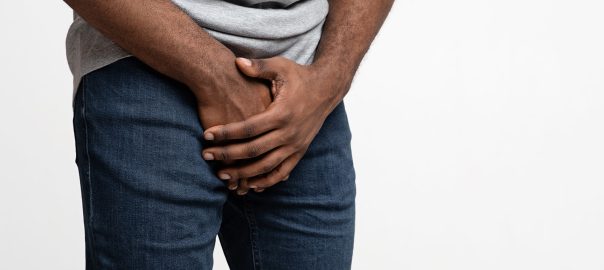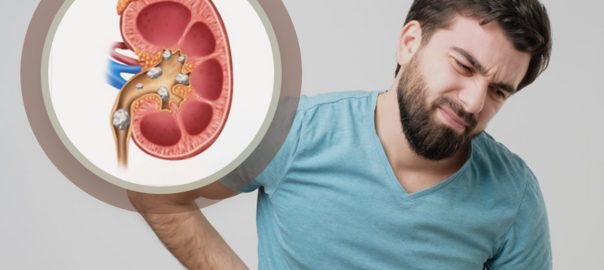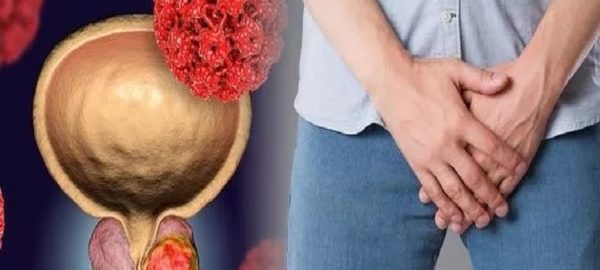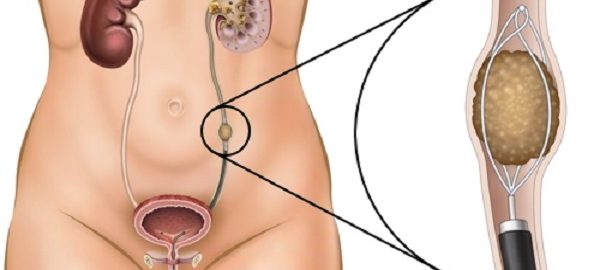Circumcision in Rohini at Laser Stone Hospital by Urologist Dr. Anil Agarwal
Introduction
Circumcision is a procedure that has been around for centuries, often performed for medical, cultural, or personal reasons. While it’s a straightforward procedure, choosing the right place and doctor is crucial for ensuring safety and comfort. If you’re looking for circumcision in Rohini, Laser Stone Hospital led by the experienced urologist Dr. Anil Agarwal offers the perfect solution.
Whether you’re exploring this option for yourself or your child, this article will guide you through everything you need to know about circumcision, why it’s done, and why Laser Stone Hospital is the best choice in Rohini.
What Is Circumcision?
Circumcision is the surgical removal of the foreskin, the skin covering the tip of the penis. Think of it as trimming away a protective cover that’s no longer necessary for some people due to medical or personal reasons. The procedure is one of the most commonly performed surgeries worldwide and is considered safe when done by skilled professionals.
Why Is Circumcision Done?
Circumcision can be done for several reasons, including:
- Medical Reasons: Conditions like phimosis (tight foreskin), recurrent infections, or hygiene concerns.
- Cultural or Religious Practices: Many families opt for circumcision due to their cultural or religious beliefs.
- Personal Preference: Some individuals or parents choose circumcision for aesthetic or hygienic purposes.
Benefits of Circumcision
Circumcision offers several potential benefits, such as:
- Improved genital hygiene.
- Reduced risk of urinary tract infections (UTIs).
- Lower risk of certain sexually transmitted infections (STIs).
- Prevention of foreskin-related medical conditions.
It’s like upgrading your health toolbox to prevent future complications.
Who Should Consider Circumcision?
Circumcision isn’t just for newborns. It’s suitable for individuals of all ages who may experience medical issues or have personal preferences. Common candidates include:
- Infants, as the procedure is simpler and recovery is quicker.
- Adolescents or adults facing recurrent foreskin problems.
- Individuals opting for religious or cultural practices.
Meet Dr. Anil Agarwal: Your Urologist in Rohini
Dr. Anil Agarwal is a trusted name in urology, known for his expertise and compassionate care. With years of experience, he has performed countless circumcision in Rohini procedures with precision and care. His patient-first approach ensures a smooth and stress-free experience for all.
Why Choose Laser Stone Hospital for Circumcision in Rohini?
Laser Stone Hospital in Rohini is a leading healthcare center that stands out for its:
- Expert Team: Led by Dr. Agarwal, the hospital is equipped with skilled professionals.
- Advanced Facilities: State-of-the-art equipment ensures safety and precision.
- Patient-Centric Care: From consultation to aftercare, the focus is on your comfort and privacy.
The Circumcision Procedure: What to Expect
Understanding what happens during the procedure can ease your concerns:
- Consultation: Dr. Agarwal will discuss your medical history and reasons for circumcision.
- Preparation: The area is numbed to ensure a painless experience.
- Surgery: The foreskin is carefully removed using safe and efficient techniques.
- Closure: The incision is stitched or sealed, depending on the method used.
The entire process is quick, typically lasting less than an hour.
Advanced Techniques Used at Laser Stone Hospital
At Laser Stone Hospital, Dr. Agarwal uses cutting-edge techniques, such as:
- Laser Circumcision: A minimally invasive option with reduced bleeding and faster healing.
- Stapler Circumcision: Known for precision and efficiency, ideal for adults.
- Traditional Methods: Performed with utmost care when suitable.
Recovery and Aftercare Tips
Recovery from circumcision is generally straightforward, especially with proper aftercare:
- Follow Dr. Agarwal’s instructions for cleaning the area.
- Avoid strenuous activities for a week.
- Use prescribed pain relievers if needed.
- Wear loose clothing to prevent irritation.
Think of it like tending to a small garden; with the right care, everything heals beautifully.
Is Circumcision Safe for All Ages?
Yes, circumcision is safe for infants, adolescents, and adults when performed by experienced professionals like Dr. Agarwal. While the procedure may take longer to recover from in adults, the outcomes are just as successful.
Addressing Myths About Circumcision
Circumcision is surrounded by myths that often confuse people. Let’s debunk a few:
- “It’s always painful.” With modern techniques and anesthesia, the procedure is virtually pain-free.
- “It reduces sensitivity.” Studies show that circumcision does not affect sexual pleasure.
- “It’s only for babies.” Circumcision is safe and beneficial at any age.
Cost of Circumcision in Rohini
One common question is about the cost. At Laser Stone Hospital, the procedure is affordable, with pricing depending on factors like the technique used and the patient’s age. Transparency is key, so feel free to ask during your consultation.
Real-Life Success Stories
Patients who’ve undergone circumcision at Laser Stone Hospital often report positive outcomes. From resolving painful conditions to enhancing confidence, the benefits extend far beyond the procedure itself.
When Should You Consult a Urologist?
If you or your child experience issues like:
- Difficulty retracting the foreskin.
- Recurrent infections or irritation.
- Pain during urination or intercourse.
It’s time to see Dr. Agarwal for expert advice and care.
Conclusion: Making an Informed Choice
Circumcision is a personal decision that comes with many benefits, but choosing the right doctor and facility is essential. With Dr. Anil Agarwal’s expertise and the advanced care at Laser Stone Hospital, you can rest assured that you’re in safe hands. If you’re considering circumcision in Rohini, take the first step and schedule a consultation today.
Frequently Asked Questions
1. Is circumcision a painful procedure?
No, circumcision is virtually pain-free thanks to anesthesia and advanced techniques like laser circumcision.
2. How long does recovery take after circumcision?
Most patients recover fully within 7-10 days, though infants may heal faster.
3. Are there any risks associated with circumcision?
When performed by an experienced urologist like Dr. Agarwal, risks are minimal. Mild swelling or discomfort is normal and resolves quickly.
4. Can adults undergo circumcision?
Yes, circumcision is safe and effective for adults, often performed for medical or personal reasons.
5. How can I book an appointment at Laser Stone Hospital?
You can contact Laser Stone Hospital in Rohini directly to schedule a consultation with Dr. Anil Agarwal.











